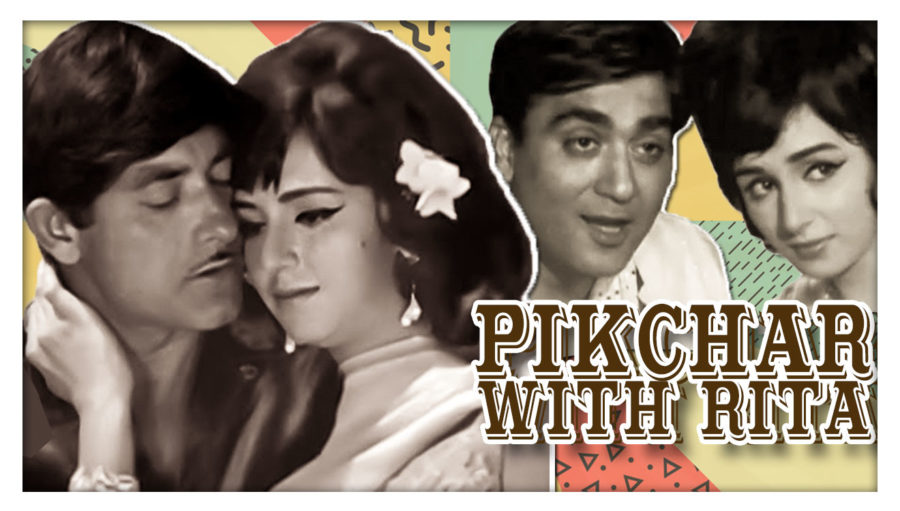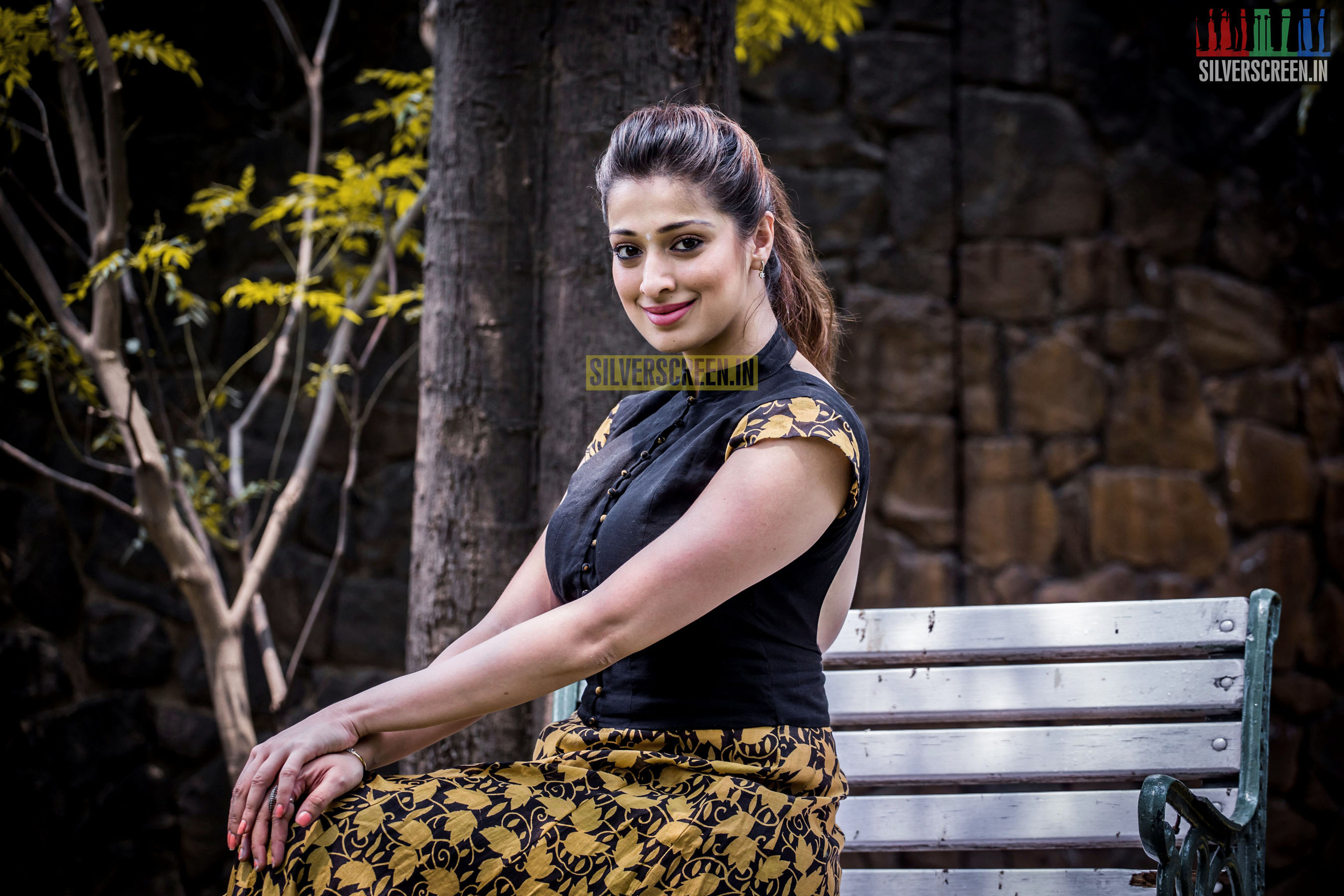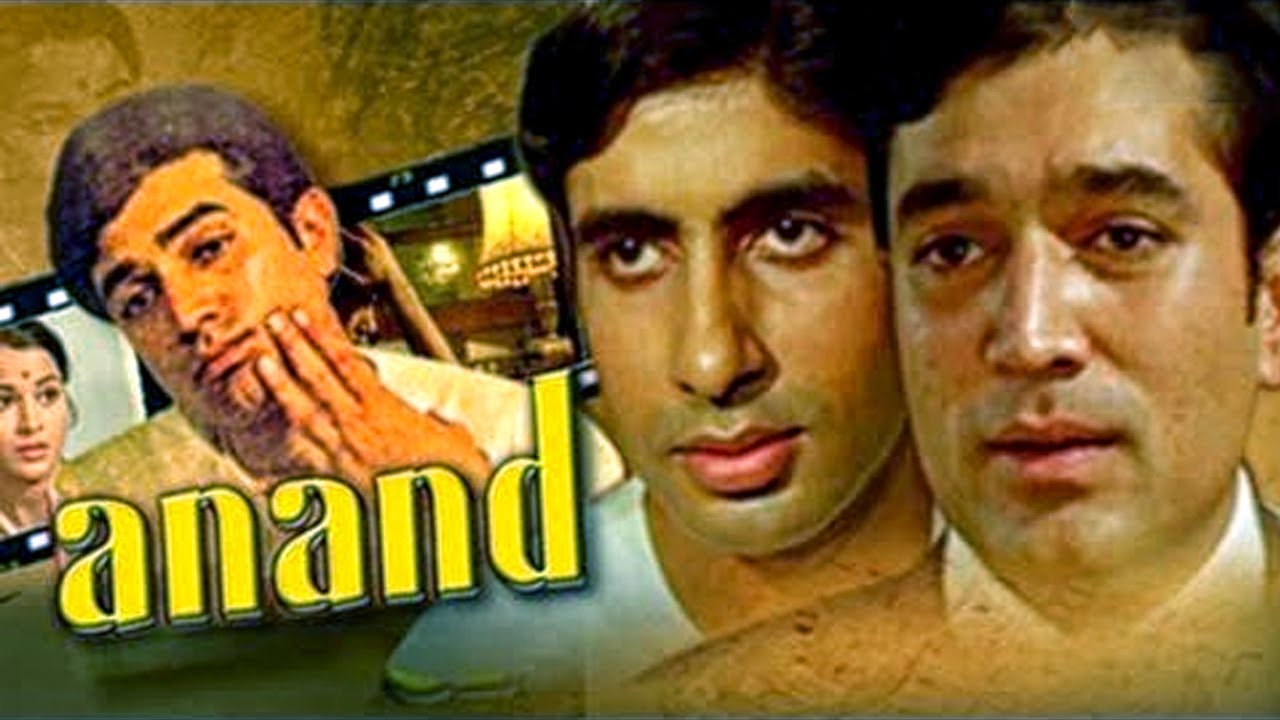During the 1980s, in the scorching summer heat, I would walk three kilometres to rent a video cassette at Rs 7 per day from a woman who rented out these cassettes as a “side-business.” Armed with a new cassette each time, I would go to my neighbour Savitri Aunty’s house and watch the films, along with my mother and sisters. The project brought much excitement and pleasure in a life that was otherwise marked by immense instability and financial troubles at home. About six or seven women and girls combined sat in a darkened room watching film after film when the husbands and brothers were away at work.
One such film was Hamraaz (1967) by BR Chopra. Songs from this film are quite well known. For instance, think of Na Moonh Chhupa Ke Jiyo. Or Tum Agar Saath Dene Ka Vada Karo. The songs had stayed with me, not as being particularly great, but as fragments of a period in life when aside from films there was little else to look forward to.
I was inspired recently to go back to the film, perhaps to retrieve a slice of memory. Usually, such retreats into the past, done so rarely and with reluctance in my case, bring forth an intensity that I have not been able to account for. However, this particular film left me completely cold. Or perhaps that’s not accurate; it left me vexed and writing this column is my attempt to understand what vexed me.
That the film begins as a romance, graduates into a marriage, and ends up being a whodunnit is the least of its crimes. That Mahendra Kapoor’s voice not only dominates the film, but becomes the voice of both men, Captain Rajesh (played by Raj Kumar) and Kumar (Sunil Dutt) is also a crime, but not a heinous one.
It is perhaps in the nature of a gentle insidiousness of the Indian heroine, played here by Vimmi, that represents to me the conveniently invisible and compromised moral questions. And this might tell us something about how the harmless looking, oh-so-demure and helpless Indian heroine becomes the common-sensical norm of a privileged and upper-caste/class self-absorption.
Meena (Vimmi) is in love with Captain Rajesh and marries him on the sly, without telling her father. Captain Rajesh goes away to the warfront; and while she is in a state of shock, her father discovers that she is pregnant. When she wakes up, her father tells her that she was pregnant but thankfully, the child was stillborn and, in that sense, his and her honour are saved. Both father and daughter shed some tears and that’s the end of this nightmare.
The question of how many months and weeks into the pregnancy this child or foetus was born is not asked. Both the secret marriage and the news of the miscarriage are hidden from the next man Meena marries and the rest of the film is an attempt to hide in vain the ghosts from this past. In the process, the film turns into a suspense-filled mystery and a daughter whom Meena had given birth to, without her knowledge (interestingly), also miraculously appears in the film, and is ready to be claimed as the daughter.
Recommended
In all of this, the convenient ignorance and passivity of the shrinking-violet kind of gentle Meena or her active attempt at hiding are not in question; for she is the all-suffering victim of patriarchy whose will was not her own. Questions of principle, of honesty, of being a true confidant and humraaz are swept under a series of actions, and three genres merged out of Chopra’s bafflement at the material.
I asked myself what was I doing, renting a film like that and watching it in my teenage years, and the answer that has come to me is that we invest our desires into films and make them work for us. Sometimes, the same films don’t work, for those desires have receded, and life has asserted an incurable realism which does not make silent women being sung to by men playing the piano enough.



